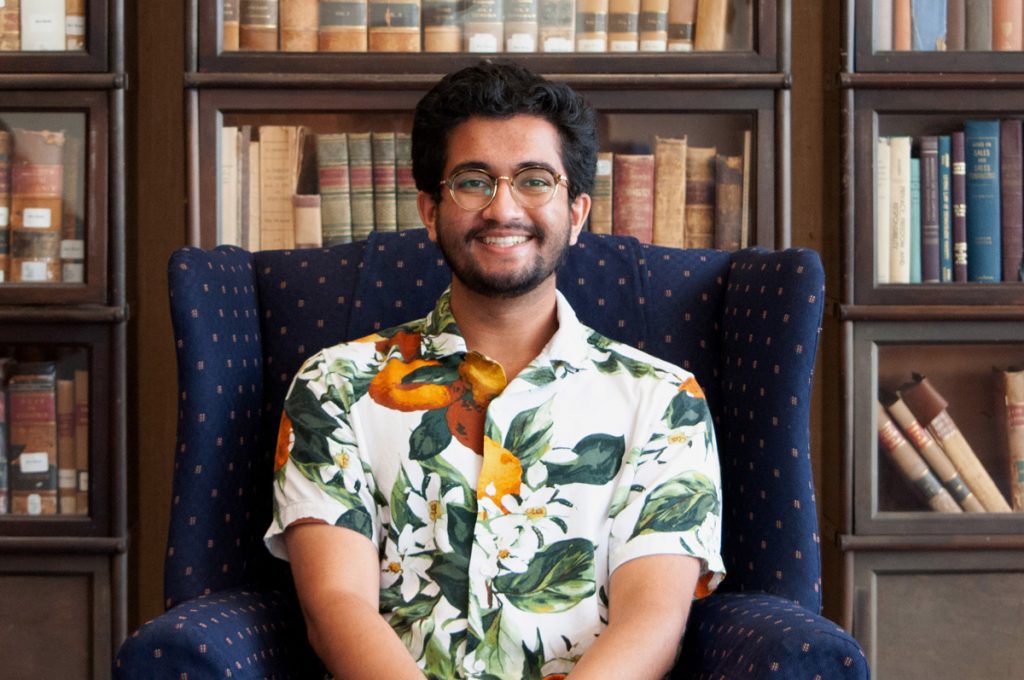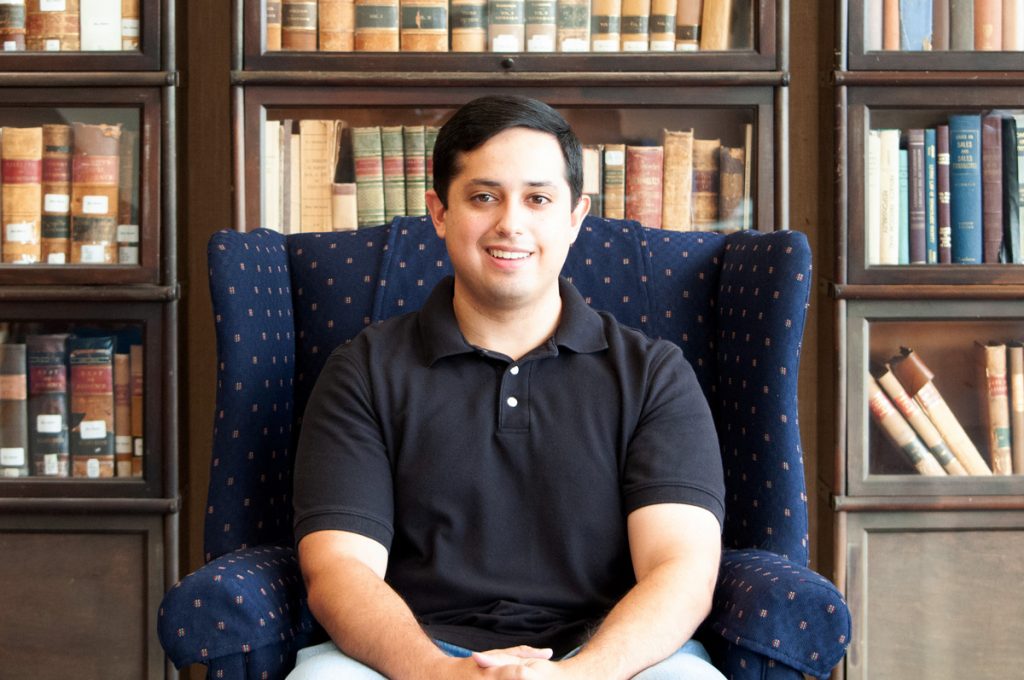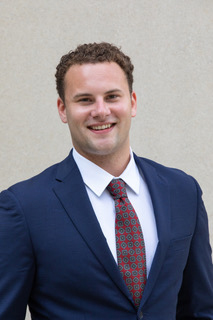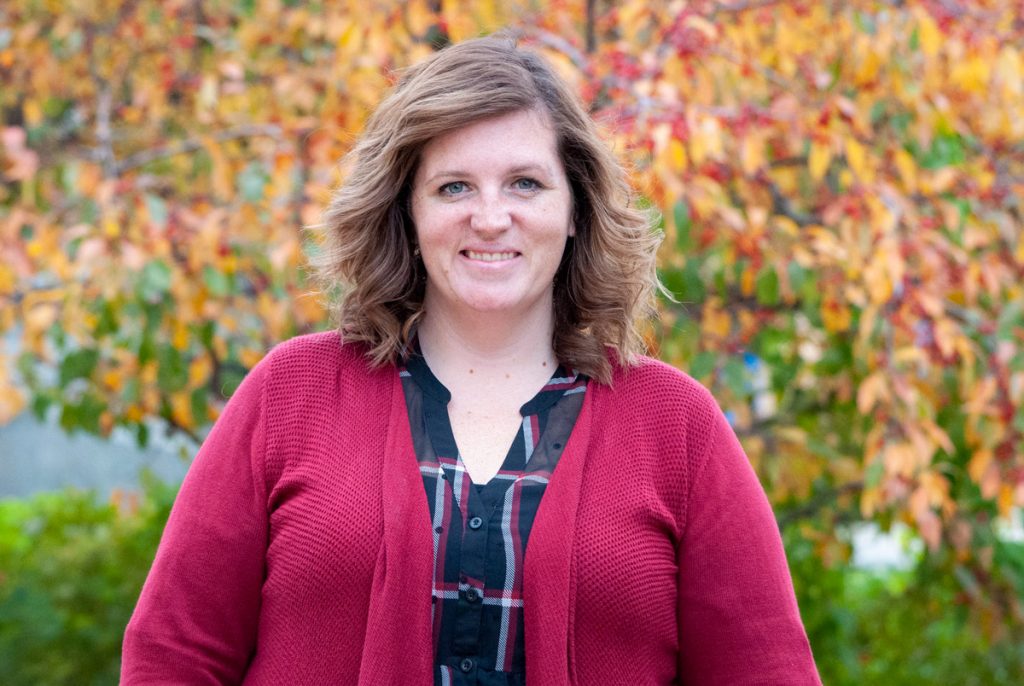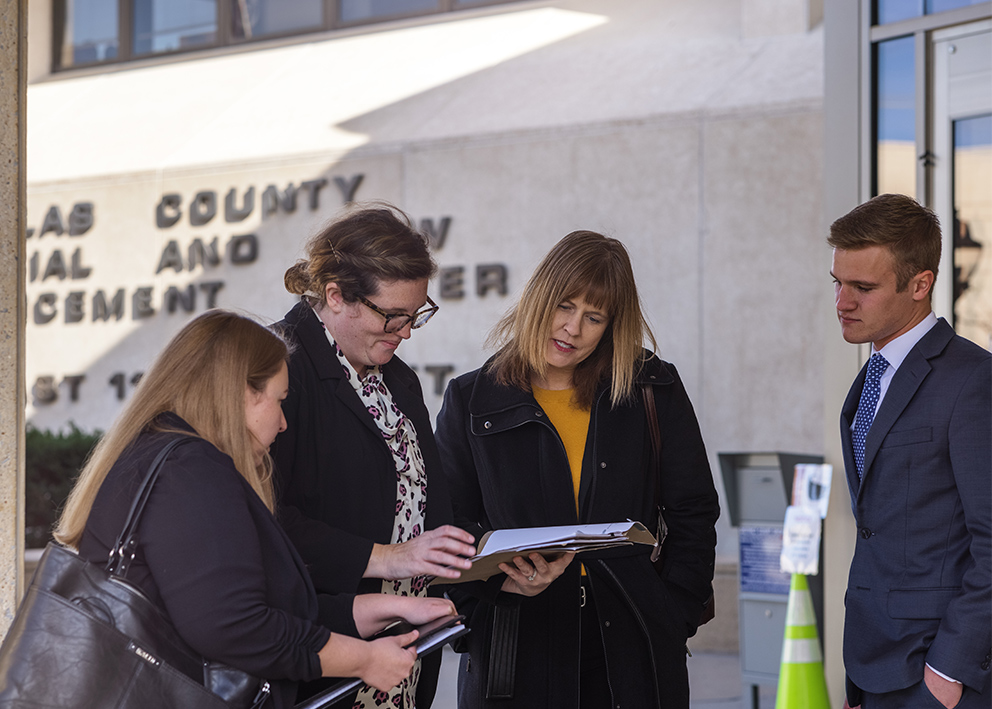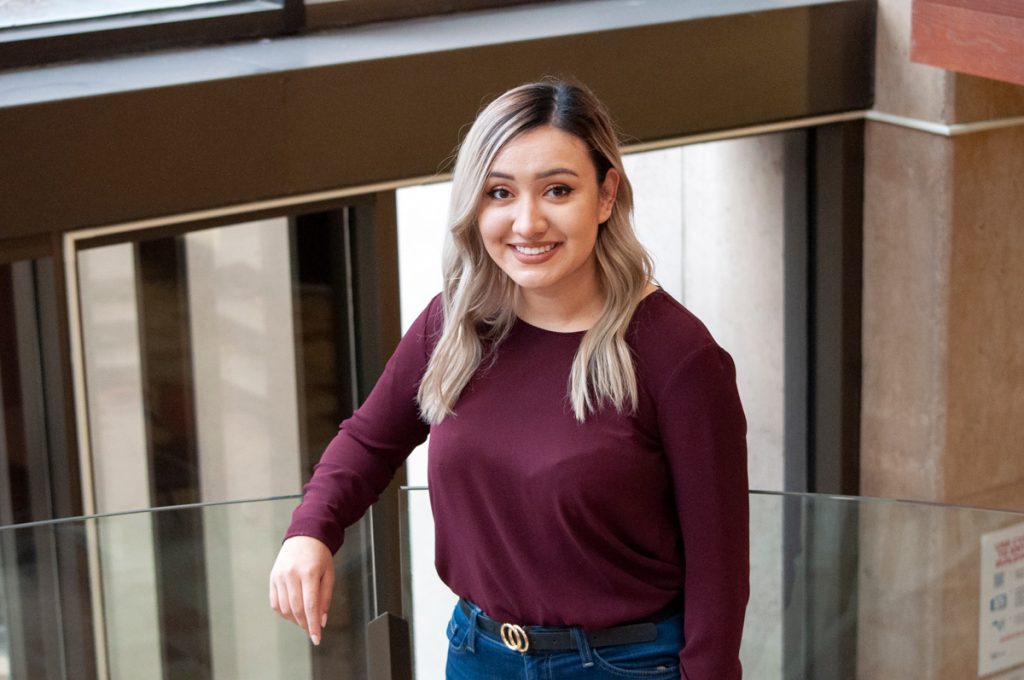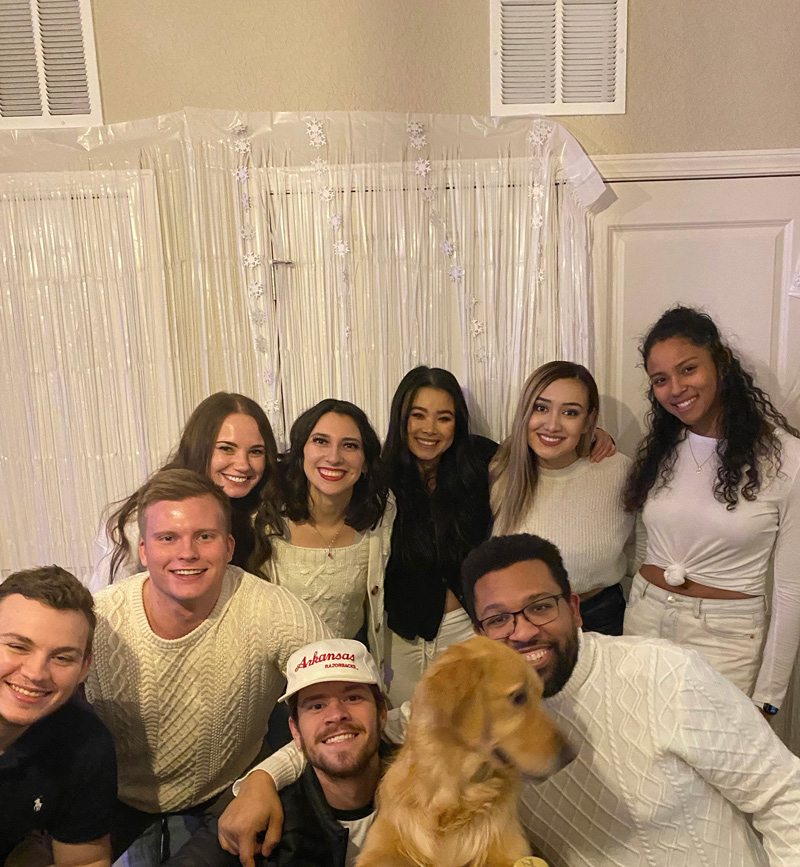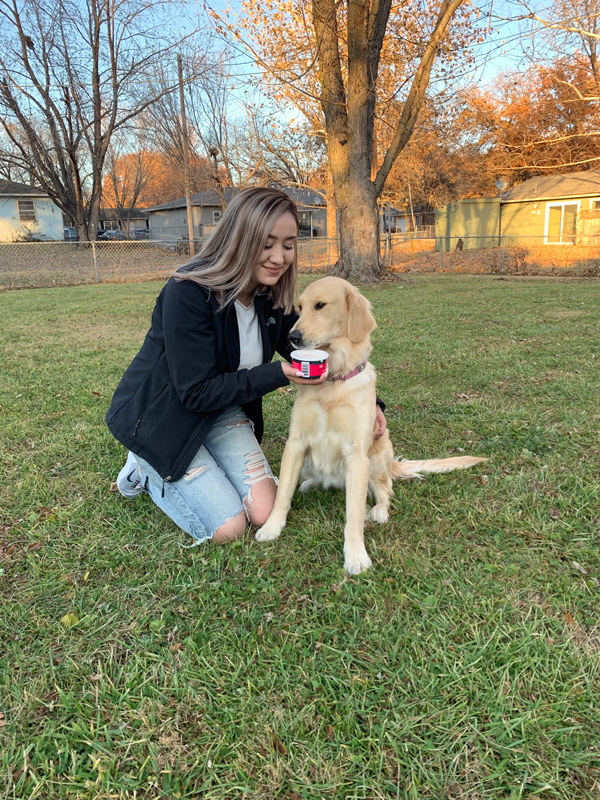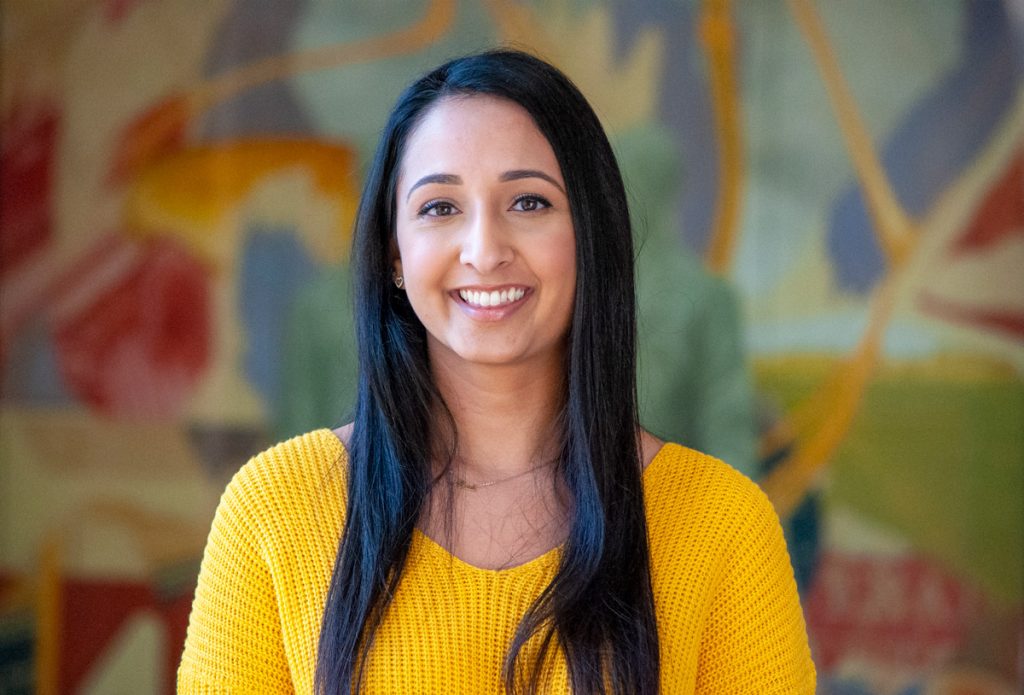When I received my acceptance into KU Law, I often made the joke that the admissions office must have made a mistake and felt too bad to revoke my admission. While it sounds crazy, some small part of me wondered if that was what had happened. I felt like an imposter.
Imposter syndrome can be described as a persistent feeling of phoniness in people who believe they are not intelligent, capable or creative despite evidence of high achievement. A crucial element of the imposter phenomenon is the sense that you’re the only person suffering from these thoughts. However, you are not alone. Most individuals, especially those within fields of higher education, experience imposter syndrome at some point in their lives.
Speaking from personal experience, the law school environment seems to exacerbate the problem. In an environment where our grades are determined relative to those surrounding us, it is difficult to not compare yourself to your peers. At times, this incentivizes people to present themselves in a better situation than they may actually be in. I know I have found myself in such situations where I would act like I am fully caught up on readings when the truth is that I’m nearly a month behind.
But recognizing these feelings as imposter syndrome is just the first step. How do we challenge those thoughts?
1. Talk to others
One of the best ways to overcome feelings of imposter syndrome is to talk about what you are feeling with friends and recognize others may feel the exact same way. Even in moments where I have been unable to talk to someone, I ask myself what advice I would give to a friend if they approached me with the same situation. Every single time the answer is that I’m clearly overthinking the issue and that I deserve what I had achieved.
2. Be nice to yourself
When you do something well, take the time to recognize your accomplishments. If you are unsure of what accomplishments you have achieved, recognize that you are here at KU Law! You were accepted into this school based on your merits and the belief that you would be able to thrive here.
By no means do I claim to be an expert on the topic. Rather, I hope this post gives awareness to an issue most of us face and yet, is not often talked about in law school. Any sources I have relied on I have included below.
1. Imposter Syndrome & the Non-Traditional Law Professor
2. The Phantom Menace to Professional Identity Formation and Law School Success: Imposter Syndrome
-By Anshul Banga, a 1L from Atlanta, Georgia and KU Law Student Ambassador
